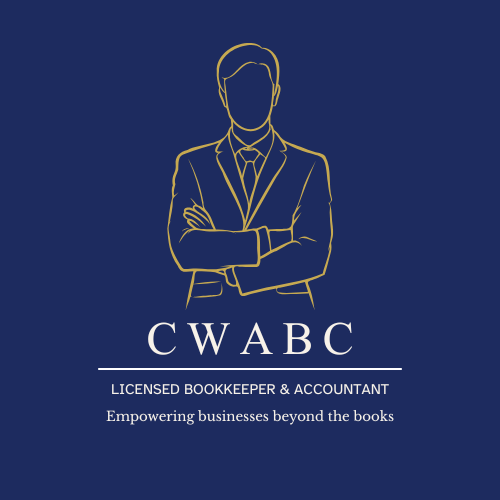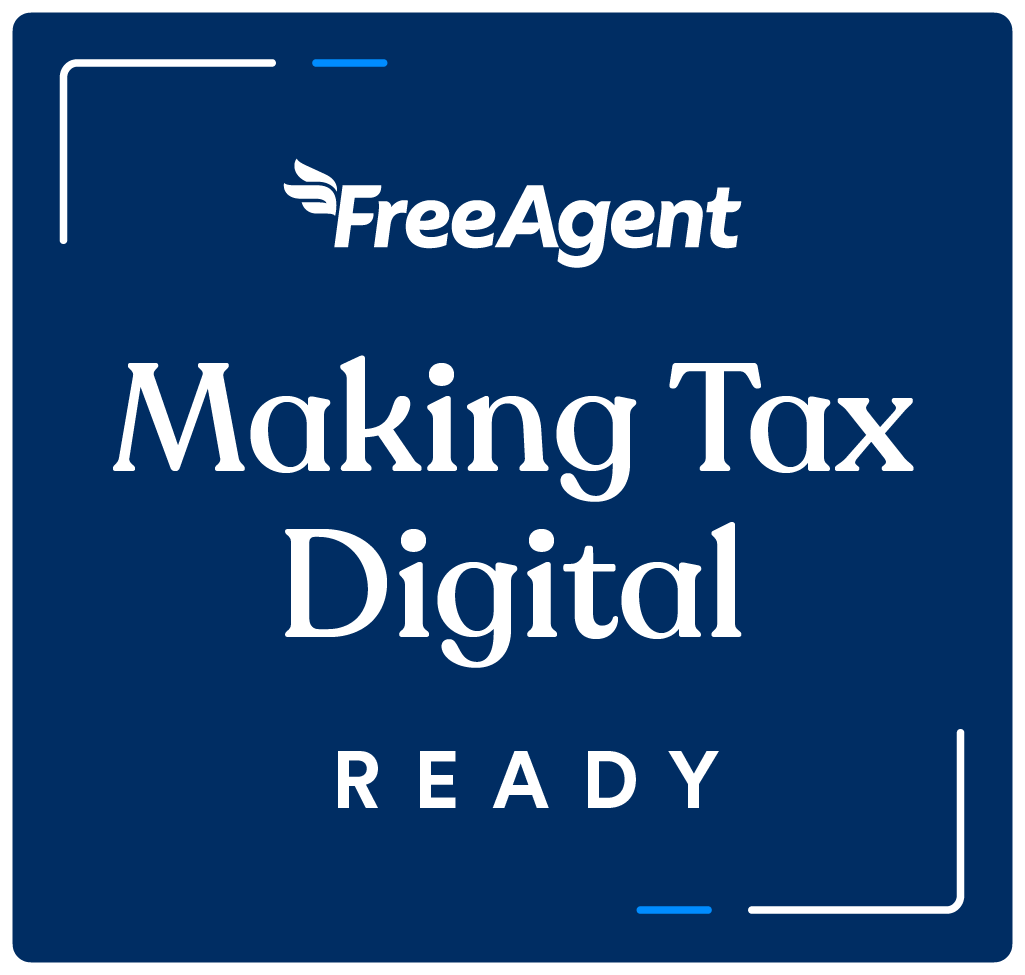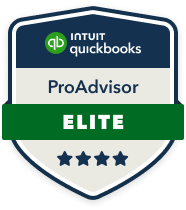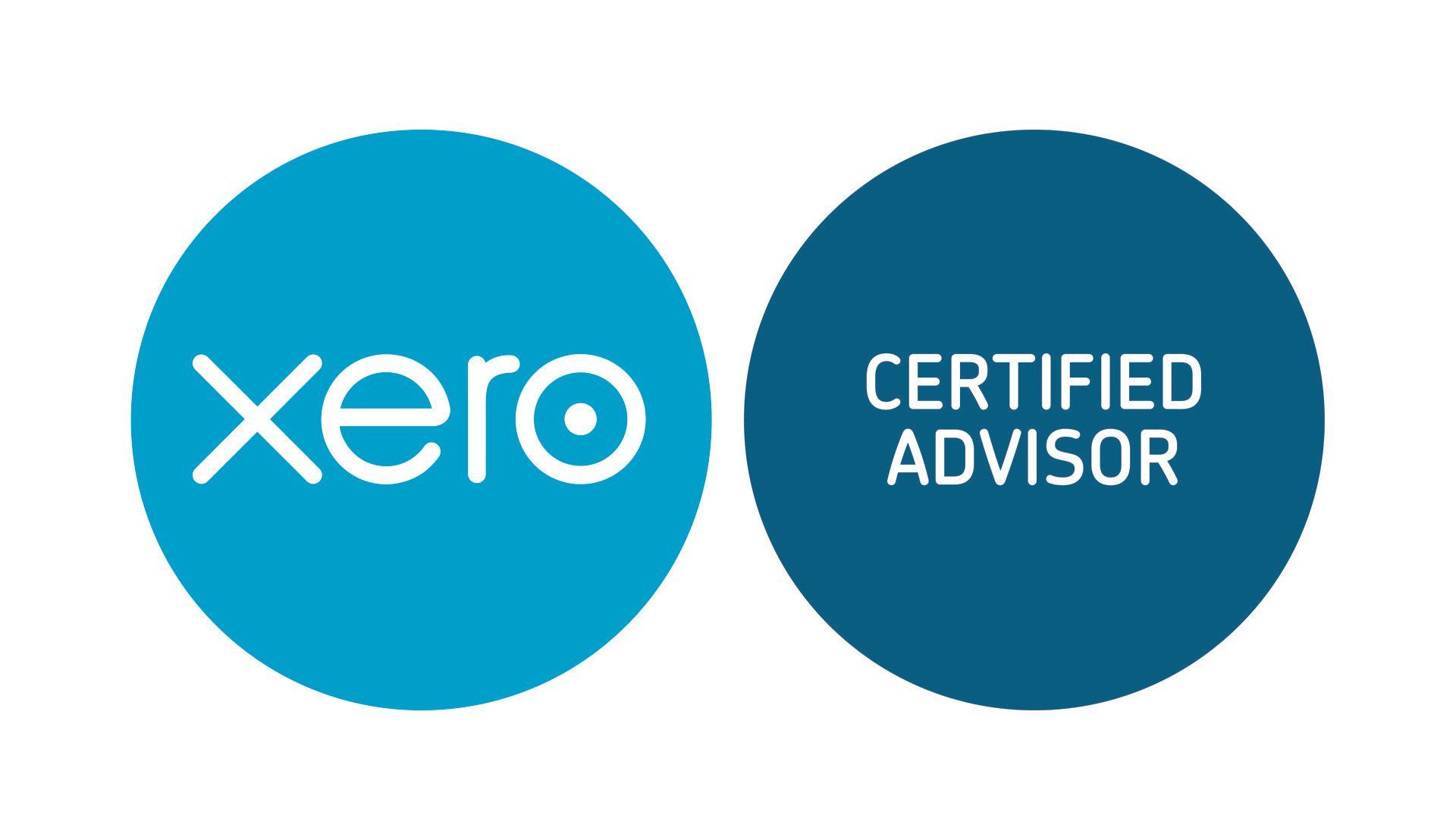Navigating Business Structures: Incorporation vs. Sole Trader or Partnership

Starting a business is an exciting endeavor, but one of the crucial decisions you'll need to make at the outset is choosing the right business structure. The structure you opt for can significantly impact your business's success, liabilities, taxes, and overall operations. The three primary options to consider are incorporation, sole trader, and partnership. Each of these options comes with its own set of benefits and pitfalls, which we'll delve into below.
Incorporation:
Benefits:
- Limited Liability: One of the most significant advantages of incorporating your business is limited liability. As a separate legal entity, the corporation is responsible for its debts and liabilities. This means your personal assets are generally protected from business-related financial troubles.
- Credibility: An incorporated business often carries more credibility and professionalism in the eyes of potential clients, partners, and investors. This can lead to enhanced opportunities for growth and partnerships.
- Access to Capital: Corporations have better access to various sources of capital, such as venture capital, angel investment, and the ability to issue stock. This can be pivotal for expansion and innovation.
- Continuity: Corporations have perpetual existence. The business can continue even if shareholders or key personnel change, ensuring long-term stability.
Pitfalls:
- Complexity and Cost: Incorporating a business involves legal paperwork, formalities, and ongoing administrative tasks. This complexity can lead to higher initial and ongoing costs, including legal and accounting fees.
- Double Taxation: One significant drawback is the potential for double taxation. Corporations are taxed at the corporate level, and then shareholders are taxed again on dividends or profits they receive, resulting in a potential tax inefficiency.
Sole Trader:
Benefits:
- Simplicity: Operating as a sole trader is straightforward and involves fewer legal requirements. You have control over decision-making and day-to-day operations.
- Tax Efficiency: Sole traders often benefit from more straightforward taxation since business income is typically reported on your personal tax return. This can result in potential tax savings.
- Flexibility: You have complete control over your business decisions and can adapt quickly to changing market conditions.
Pitfalls:
- Unlimited Liability: One of the most significant downsides of being a sole trader is the lack of legal separation between your business and personal finances. You're personally liable for all business debts, which can put your personal assets at risk.
- Limited Growth Potential: As a sole trader, it might be challenging to access significant funding for growth, and the business's scalability could be limited.
Partnership:
Benefits:
- Shared Responsibilities: Partnerships allow for the sharing of responsibilities, skills, and resources, which can help lighten the workload and bring diverse expertise to the table.
- Pooling Resources: Partners can pool financial resources, making it potentially easier to secure capital for the business's growth.
- Flexibility: Partnerships offer more flexibility in decision-making, allowing partners to capitalize on each other's strengths.
Pitfalls:
- Unlimited Liability: Similar to a sole trader, partnerships come with unlimited liability. Each partner is personally responsible for the business's debts, actions, and decisions, even those made by other partners.
- Disagreements: Partnerships can be prone to conflicts and disagreements. Disagreements over decisions, profits, and responsibilities can strain relationships and hinder the business's progress.
Choosing the Right Structure:
Selecting the appropriate business structure depends on your business's nature, goals, and your personal circumstances. Consulting legal and financial professionals is crucial to making an informed decision. Incorporation offers the benefit of limited liability but comes with increased complexity and cost. Sole trading is simple and tax-efficient but exposes you to unlimited liability. Partnerships provide resource sharing and flexibility but also require clear agreements and risk-sharing strategies.
Ultimately, each structure has its advantages and drawbacks. The key is to align your choice with your long-term vision for the business while carefully considering the legal, financial, and operational implications. Remember that circumstances can change, and you may need to revisit your business structure as your business grows and evolves.















